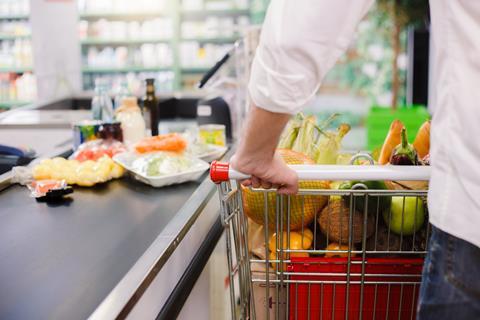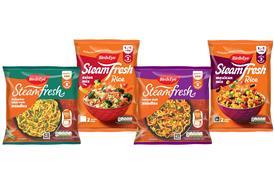
The delivery of a speech by FSA CEO Emily Miles to the Chartered Institute of Environmental Health this week rightly highlights huge implications for the food industry when traceability and supply chain inefficiencies affect the consumer.
Miles highlighted consumer concerns around the cost of food and its impact on food safety and detailed the range of behaviours they are adopting to save money. In addition to the 15% of consumers who have reported using a food charity or food bank in the past month, we know many are also using their online search skills to seek out their favourites at the lowest price.
This online element will only grow during the festive season, as shoppers turn to the channel for their Christmas shopping.
This gives counterfeiters an even easier point of access to consumers. Already, the OECD says a staggering 3.3% of global trade and 6.8% of EU imports are counterfeit. As this threat grows, there is a more pressing need than ever for retailers and manufacturers to protect their brands.
In the grocery industry particularly, counterfeit products can have a devastating impact. Adulterated products can put a customer’s health at risk, and can also lead to plunging prices as brands compete against cut-rate counterfeit dealers. In the meantime, poor knock-offs can result in deep cuts to reputation and brand equity.
The FSA is implementing a five-year strategy to overcome these issues, with legislation set to make counterfeiting more difficult. Now is the time for brands to take action through measures such as anti-counterfeiting packaging – a market that is projected to increase at a 12% CAGR to $188m globally by 2025, according to Research & Markets.
Let’s remember that the consequences of counterfeiting for brands are considerable. Maintaining consumer confidence and trust is crucial for growth. Prepare now by building resilience and transparency into your brand plans. Don’t let counterfeiters take your share or damage your reputation.



















No comments yet